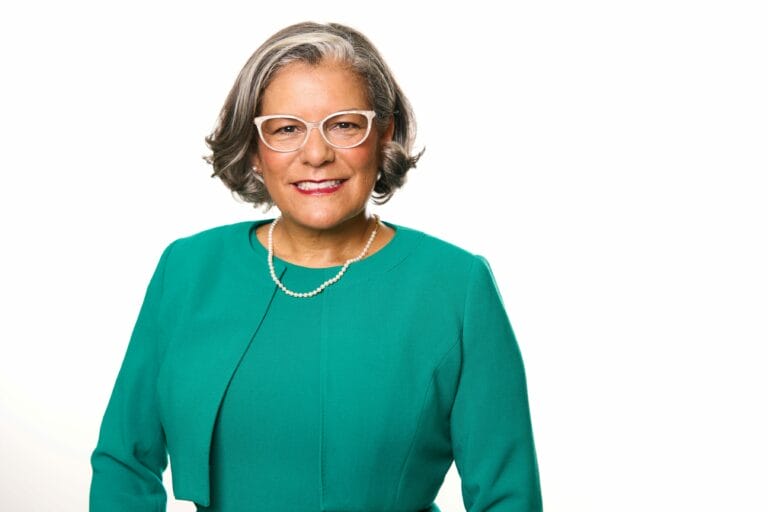
Peggy Quijada de Franke
PE, MSc, MBA
Los Angeles Community College District | Associate Vice Chancellor of Facilities Planning and Sustainability
Speaker
Track D: Thriving in the Clean Energy Transition
Session D1: Sustainable Energy in Action: Case Studies
May 1, 2024 | 2:30 pm - 3:00 pm
Rapid Decarbonization
A Case Study from the Los Angeles Community College District has committed to become zero carbon by 2040. Our comprehensive & Rapid Decarbonization with whole institution approach as the nation’s largest district with 12 million square feet of educational space serving 230,000 students annually. Overseeing $14.9 Billion capital improvements program we demonstrate structured, phased approach to decarbonization through our award-winning Integrated Energy Resource Plans (IERPs). We share our end-to-end planning process, implementation progress, and secured funding. The IERP is built on three core elements:
DISCOVERY: Assessing existing energy infrastructure, including electrical and hydronic networks, and planning upgrades.
ANALYSIS: Identifying decarbonization opportunities such as:
• Electric Vehicle Charging Stations
• Boiler Replacement
• Energy Conservation
• Microgrids
• Campus Control Systems
• ACTION: Phased customized action plans to support all nine campuses to take strategic decisions on investments based on Total Cost of Ownership (TCO) analysis.
Our experiences will inform your decarbonization journey.
Speaker Bio
Ms. Peggy M. Quijada de Franke is the Associate Vice Chancellor (AVC) of Facilities, Planning and Sustainability at the Los Angeles Community College District (LACCD). She is a California-Licensed Professional Engineer with a Master of Science in Civil Engineering (Structures) and a Master in Business and Administration. She has over 26 years of experience in R&D, engineering, planning, and management.
Her current responsibilities are to provide state-of-the-art and sustainable facilities that foster productive learning environments, ensure the functionality of 742 buildings (11.6 million OGSF) across LACCD’s nine colleges and satellite campuses, and meet LACCD’s sustainability goals of eliminating carbon-based electricity consumption by 2030 and other carbon-based energy use by 2040.
Before joining LACCD, Ms. Quijada worked on oil and nuclear power infrastructure projects, developed seismic hazard maps to design new and retrofit existing infrastructure, and assisted the Federal Emergency Management Agency in recovering from natural disasters.
